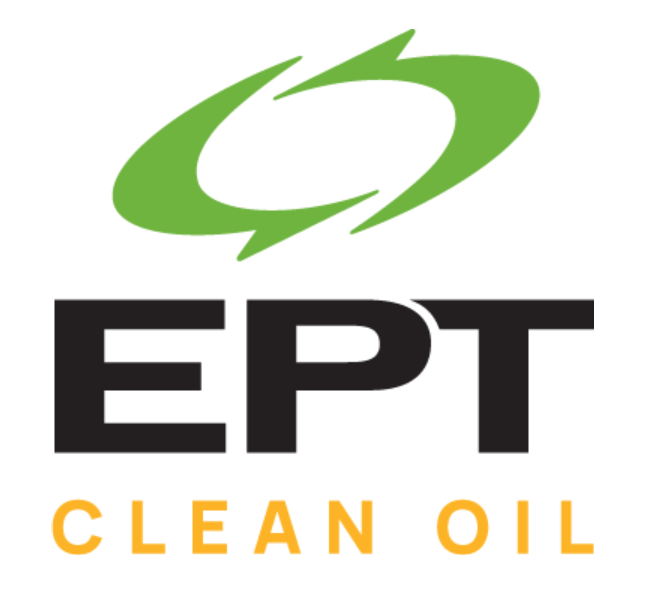All lubricants break down due to oxidation – even with additives. Oxidation begins the very first day a lubricant is put into service. The oxidation process creates a dissolved breakdown product, or varnish precursor, that will accumulate in the oil over time until it becomes saturated. Once a saturation point is achieved, these varnish precursors physically convert from the dissolved form into solid deposits.
Varnish formation in lubricant systems
It starts with a chemical reaction between the lubricant and oxygen in the air, resulting in soluble varnish. As soluble varnish accumulates, the lubricant eventually becomes saturated and insoluble varnish particles form. Over time, these varnish particulates
collect, resulting in deposits that coat equipment surfaces. Varnish potential increases over time when dissolved oxidation products are allowed to accumulate. Prevent varnish formation by removing varnish precursors and maintaining lubricants in an unsaturated state.
Soluble varnish removal with SVR™
Only varnish removal technologies that remove the dissolved oxidation products and return the oil to an unsaturated state can actually prevent varnish. EPT Clean Oil’s varnish removal technology, SVR™, is the first of its kind engineered lubricant conditioning system designed to protect and manage lubricant life and system reliability. SVR™ permanently removes and prevents the accumulation of dissolved breakdown products during normal equipment operation when the varnish is dissolved. Using ICB purification filters, SVR™ goes beyond solid contamination removal, hyper-focused on the root cause of lubricant failure – dissolved oxidation material. As a result of managing oxidation material, lubricant breakdown and additive consumption decrease significantly, mitigating equipment-related failure.

